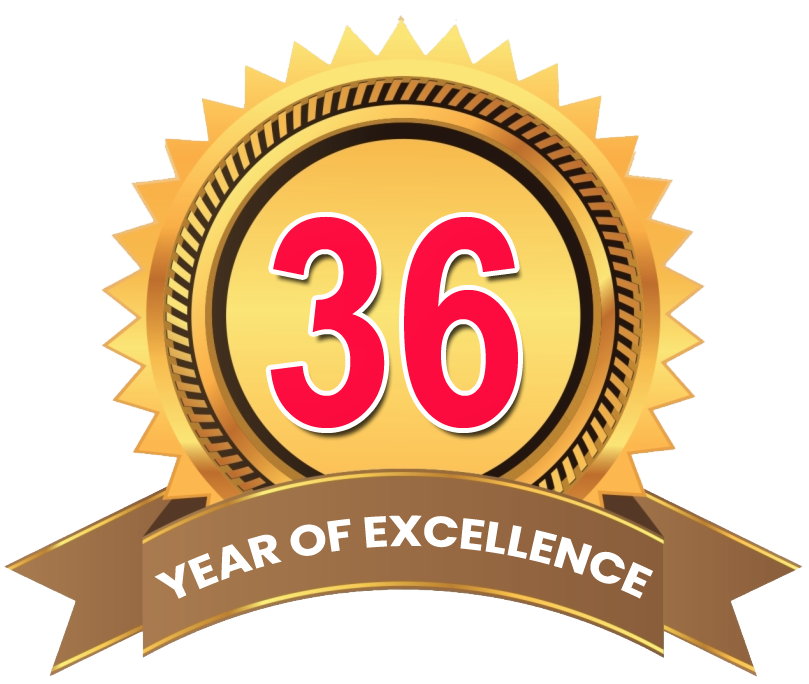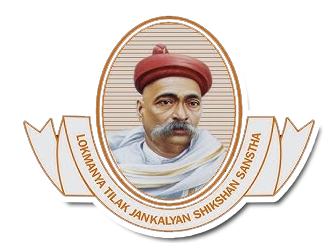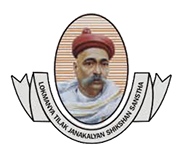Innovation in Teaching learning
| Sr.No. | Methodology | Description | Link |
| 1 | Faculty Videos & Power point Presentation | Faculty videos and power point presentations for some key topics are available. Use of Power Point Presentation by faculties for effective understanding of the Subject. |
|
| Videos | |||
| 2 | Teaching Learning Activities | On Regular Basis Chalk-and-talk method is used as delivery medium by subject teachers. |
|
Content beyond the syllabus is covered to clear students' understanding of various Engineering domains. |
|||
Group discussions are organized in classrooms, seminar rooms, and laboratories for theoretical subjects . |
|||
Flip classroom technique is used where the topic from the subject syllabus are assigned to the students for teaching |
|||
Open book test, Surprise tests, are the techniques used as a part of Teaching learning activity. |
|||
| 3 | Usage of online platforms | Faculty members use WhatsApp, google drive, Google classroom etc. for discussions as well as sharing of course materials, Use of NPTEL video lectures. Students are encouraged to register for MOOC Courses. |
|
| 4 | Usage of Modern Tools | LCD Projectors, Wi-Fi enabled machines, Speaker are employed in classrooms. Modern simulation tools and hardware tools are used in conducting practicals in the laboratory like R programming, SPSS, RF Logic 500, One Touch, KiCAD, Python, Raspberry Pi, ESP 32, Arduino etc |
|
| 5 | Internship | As a part of curriculum, students undergo 15 days internship during winter break for fourth semester and 40 -50 hours Internship during sixth semester in various nearby industries . |
|
Apart from this, students also undergo online/offline internship during VII & VIII Sem |
|||
| 6 | Workshops/Guest lectures | Guest lectures /Workshops are organized to motivate and provide hands on training for students to develop their skills in latest technological trends. |
|
| 7 | Certificate Courses | The emphasis on certification courses focusses on several factors, including the desire to standardize knowledge and skills across students, align with industry requirements, and enhance employability. |
|
| 8 | Virtual lab | Experiments are conducted on Virtual Labs for some of the subjects. |
|
| 9 | Mini projects | Students skills are enhanced by making application based mini projects based on topics related to syllabus. |
|
| 10 | Innovative practicals | Innovative Practicals are conducted by Faculties for some subjects. |
|
| 11 | Industry Visits | Industrial visits provide students with practical insights, fostering an understanding of industrial culture and promoting interaction with professionals. Students are exposed to latest developments through regular visits to industries. |
|
| 12 | Research-based learning | Students are asked to write paper for conferences/Journals based on their Project.Students are encouraged to register copyrights of their literary work. |



